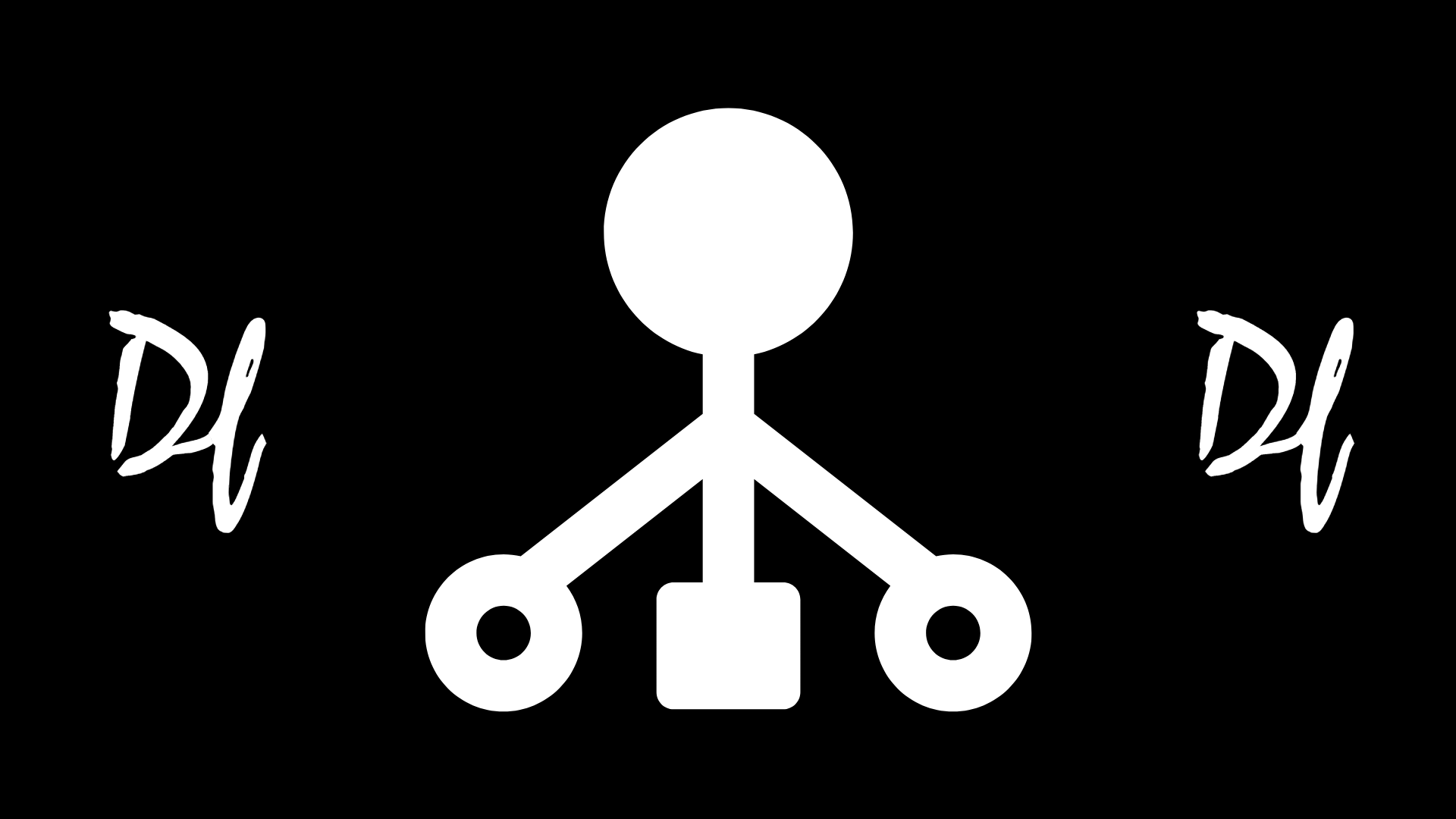WTF is A Webmaster

If you've ever found yourself scrolling through a sleek, user-friendly website and wondered, "WTF is a webmaster?" you've come to the right place. A webmaster is an unsung hero behind many successful small organizations and startups. In today's fast-paced digital world, webmasters are more than just tech-savvy jack-of-all-trades; they play a critical role in helping businesses thrive online. Let's dive deeper into the world of webmasters, their responsibilities, and why they're so crucial for small organizations and startups.
The Role of a Webmaster
A webmaster is responsible for maintaining, updating, and managing a website. They are the architects behind the scenes who ensure a website is functional, visually appealing, and user-friendly. A webmaster’s responsibilities can vary greatly depending on the organization's size and needs, but their primary tasks often include:
Website Design and Development: A webmaster creates and implements a website's overall design and structure, ensuring it is visually appealing and easy to navigate.
Content Management: A webmaster manages and updates the content on a website, ensuring it remains fresh, relevant, and engaging for visitors.
Search Engine Optimization (SEO): A webmaster is responsible for optimizing a website's content and structure to improve its visibility on search engines like Google and Bing.
Website Analytics: A webmaster tracks and analyzes website traffic, visitor behavior, and other key performance indicators (KPIs) to make informed decisions on improving a website's performance.
Troubleshooting and Maintenance: A webmaster is responsible for identifying and resolving any technical issues that may arise, such as broken links, slow page loading times, or security vulnerabilities. They also ensure the website is regularly backed up and updated with the latest software and security patches.
- User Experience (UX) and Accessibility: A webmaster ensures that a website is accessible to users with varying abilities and provides a seamless browsing experience across different devices and browsers.
Why a Webmaster is Critical for Small Organizations and Startups
For small organizations and startups, having a website is essential for establishing an online presence and reaching a wider audience.
However, creating and maintaining a website can be daunting, especially for those unfamiliar with web development and design. This is where a webmaster comes in.
A webmaster can help small organizations and startups create a professional-looking website that is user-friendly and optimized for search engines.
They can also ensure that the website is secure and up-to-date, protecting it from cyber threats and ensuring it remains competitive in today's digital world.
By investing in a webmaster, small organizations and startups can focus on their core business while leaving the website management to the experts.
This can ultimately lead to increased revenue and growth opportunities, as a well-designed and maintained website can help attract and retain customers.
The Early Days of the Webmaster Role
The term "webmaster" first appeared in the early days of the World Wide Web in the 1990s. At that time, the web was still a relatively new technology, and few people had the skills and expertise to design, develop, and maintain websites. The role of the webmaster emerged as a way to fill this gap.
Initially, webmasters were responsible for basic tasks such as uploading content, managing user accounts, and handling server maintenance. They were essentially the gatekeepers of the website, ensuring that everything ran smoothly and that users could access the content they needed.
The Expansion of the Webmaster Role
Over time, the role of the webmaster expanded to encompass a broader range of responsibilities. As websites became more complex and interactive, webmasters needed proficiency in web development, design, and optimization. They needed to be able to troubleshoot technical issues, ensure that the website was accessible to all users, and create content that was engaging and relevant to the target audience.
In addition to their technical skills, webmasters also need strong communication and collaboration skills. They often worked closely with other professionals, such as designers, developers, and content creators, to ensure that the website met the organization's and its users' needs.
The Modern Webmaster
The webmaster role has evolved with the rise of content management systems (CMS) and website builders. Today, webmasters may work with a team of professionals or maybe a one-person show responsible for all website creation and management aspects.
Modern webmasters must stay up-to-date with the latest web technologies, design trends, and security protocols to ensure their websites remain competitive and secure. They need to be able to analyze website data to identify improvement areas and create optimized content for search engines and social media.
Despite the changes in the webmaster role over the years, one thing remains constant: the importance of webmasters in creating and maintaining successful websites. Whether working for a large corporation, a small business, or a freelancer, webmasters are critical to ensuring that websites are user-friendly, engaging, and secure.
The Future of Webmasters
As the digital world continues to evolve, the role of webmasters is likely to become even more critical. With the rise of new technologies such as artificial intelligence and the Internet of Things, webmasters must adapt and stay up-to-date with the latest trends and developments.
Webmasters will also need to continue prioritizing website security, as cyber threats will only become more sophisticated in the coming years.